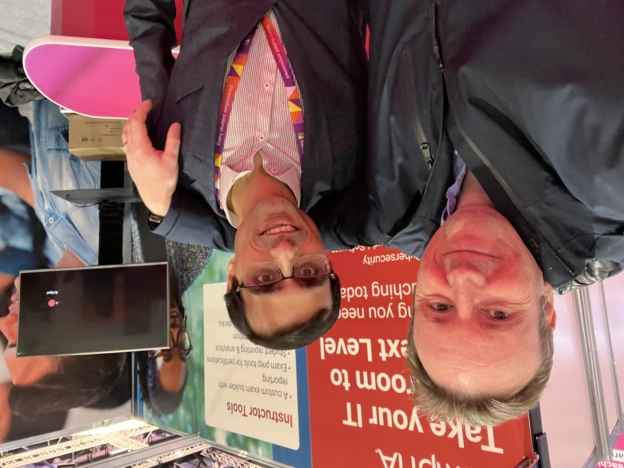When it comes to customer relationships, I find myself grappling with the complex interplay of ethics, integrity, and respect. This becomes particularly poignant as I reflect on my ongoing experience with an organisation for which I’ve been providing free website services for several years. It’s a commitment rooted not just in generosity, but in a belief in the organisation’s mission and the value of our partnership.
Recently, this relationship took an unexpected turn. I discovered that the organisation had opted to secure similar services from another provider, a decision made without my involvement or even a heads-up. As someone deeply invested in the ethics of business practices, this move struck a chord. It wasn’t the loss of business that stung—rather, it was the absence of communication that left me pondering the values we uphold in our professional exchanges.
In the thick of my disappointment, a broader question looms: What does this say about the ethical fiber of our business interactions? Integrity, a cornerstone of any relationship, business or personal, demands transparency and honesty. Moreover, respect—another key pillar—necessitates acknowledging the contributions of those who have been part of our journey, especially when they have offered their services not for profit, but to genuinely support the organisational mission.
This experience, while disheartening, offers rich soil for reflection on how we treat each other in business. Should not the same principles that guide our personal lives hold sway in our professional dealings? The lesson here is clear: ethical business practices transcend mere transactions. They are about nurturing relationships, honoring commitments, and communicating openly. As we navigate our paths in business, let us strive to imbue every interaction with these timeless values, ensuring that our professional lives are as richly guided by ethics as our personal ones.
Navigating the delivery of challenging news to suppliers, partners, and customers also warrants careful consideration—a lesson sharply brought into focus by my own experience. Effective communication is not just about relaying information; it’s about fostering understanding and maintaining trust even when the news isn’t favorable. Future engagements could benefit significantly from adopting a policy of open and timely communication. It’s crucial to inform partners of major decisions that affect them as early as possible, providing context and reasoning behind such decisions. This approach doesn’t just soften the blow of unfavorable news; it also reinforces a commitment to transparency and respect in the relationship. Moreover, allowing space for dialogue gives the other party a chance to express concerns and feedback, which can lead to constructive resolutions and possibly even strengthen the relationship. These practices are not just about maintaining professionalism; they’re about nurturing a business culture that values and respects all contributors, thereby setting a standard for ethical conduct that inspires loyalty and trust.

